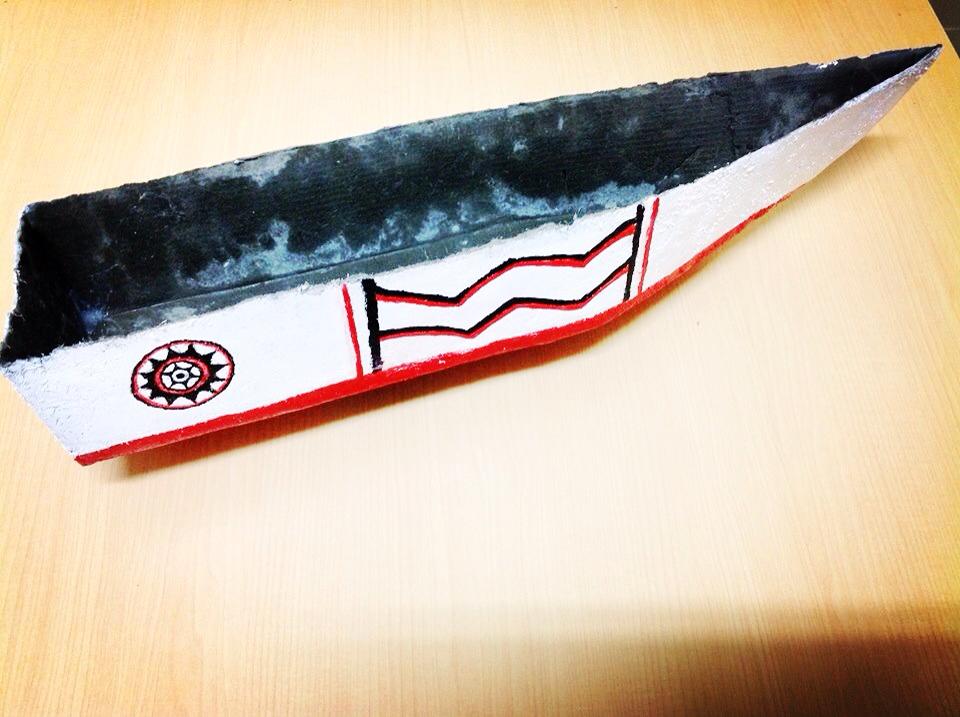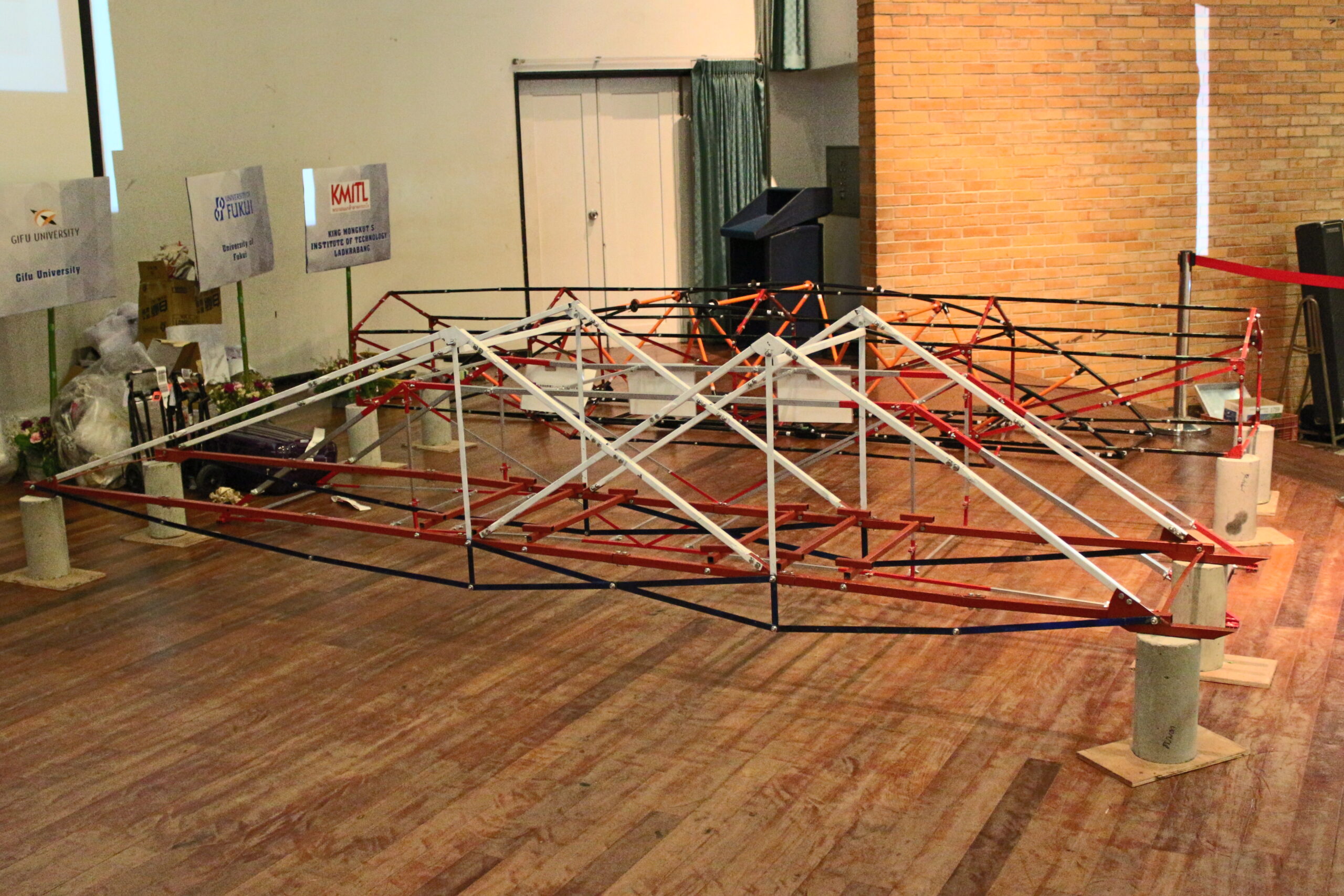
Highlights of this article
- Why I went from "frustrated with my grades" to "finding my way."
- How Engineering Japanese Broke My Fear of Foreign Languages
- Recognition and Impact of Concrete Ship and Steel Bridge Competitions
- Frustration and Choice: Why Central University's Civil Engineering Department?
- A Year of Focusing on the Present: Understanding and Turning the Tables
- Launch of Engineering Japanese: Foreign languages are no longer scary!
- Concrete Ship Exchange Race: The Sprouting of Japanese Ambition
- Steel Bridge Race Failure: The Final Push to Secure the Goal
- Frequently Asked Questions (FAQ) for Readers
- Read Next
Frustration and Choice: Why Central University's Civil Engineering Department?
"Why did I work so hard and only get this grade?"
The moment I got my report card, I felt shocked and lost. I felt like I couldn't catch up with the "outstanding students" no matter how hard I tried. My parents suggested that I should prepare for a retake of the exam, so I went to the university fair with mixed feelings to try my luck. When I came to the booth of "Civil Engineering Department of Central University", the enthusiastic senior introduced me to the students in a very practical way.
"Senior, is Central good for changing departments?"
"It's quite free to switch, and some people go to the electric motor."
Originally, my first choice was to be an electrician, but because of the marks, I put Central Civil Engineering on the list, thinking that I would change my mind after I entered the university.
A Year of Focusing on the Present: Understanding and Turning the Tables
One time when I talked to my math teacher about the idea of switching departments, he just said something back:
"Let's take care of our profession first, and then we'll think about the rest."
So I decided to try to focus back on the class in front of me. I was able to work with a group of serious students, ask questions in class, and complete my homework.
At the end of the semester and the beginning of a new one, someone shouts from the dormitory hallway:
"The rankings are out!"
When I opened the school system, I saw a number that had never appeared in my past studies - "1". At that moment, I realized that maybe I was really suited for civil engineering. From that moment on, I stopped thinking about changing departments and focused on the civil engineering program and service clubs.
Launch of Engineering Japanese: Foreign languages are no longer scary!
Before college, I was not good at English, and I was even teased and had my exam papers rubbed by a foreign teacher, so I was resistant to foreign languages, thinking that I could rely on mathematics and science to get me through life. When I was choosing a course, I saw "Engineering Japanese" on the list.
I sighed, "If you can't learn English, how can you learn Japanese?"
My roommate said, "I heard that this class gives high grades and the teacher is very kind."
I took the course, but I was surprised to find that I liked it. Unlike all the English teachers I had experienced in my study, the Japanese teachers were always pleasant, the classroom atmosphere was relaxed, and the grading was fair. Slowly, I stopped being afraid of foreign languages. Japanese, and even the country of Japan, began to interest me.
Concrete Ship Exchange Race: The Sprouting of Japanese Ambition
During the summer between my sophomore and junior year of college, after stepping down as president of the service club, I participated in a concrete boat exchange race with Tokyo University of Science and Technology (formerly Tokyo Institute of Technology). The race was a test of weight, lightness, speed, and aesthetics. We were lucky to win the championship. Afterwards, I visited the super-high-rise "vibration-free/vibration control" facilities at Tohoku University, and was fascinated by Japan's expertise in seismic engineering. From then on, the seed of "going to Tohoku University for an exchange program" was planted in my heart.

Steel Bridge Race Failure: The Final Push to Secure the Goal
During the winter vacation of my junior year of college, I went to Thailand to participate in the International Steel Bridge Exchange Competition. The preparation period was short, the program was extensive, and the competition was not only about weight resistance, but also about the speed of bridge assembly - it was like a miniature version of a real project. Despite two to three months of research, design, fabrication, and practice, we didn't even finish in the top three. Losing to Tokyo University of Science and Technology (TUST) made my mind even more determined: "I have to study at TUST!

So, I started to research the exchange program at my school and prepared to go to my desired country.
Frequently Asked Questions (FAQ) for Readers
- QIs it true that if you don't speak English well, you don't have a talent for languages?
- A
No, perhaps in learning a language other than English, you will find another world waiting to be explored.
- QIf I'm a polytechnic student and don't know Japanese, will it be difficult for me to study in Japan?
- A
Not necessarily, some internationally ranked schools offer classes in English, so if you only know English, you can apply for admission, but personally, I highly recommend learning Japanese, as it may make your job search in Japan a little smoother.
- QDo you have any suggestions on when to stay in school?
- A
Although the graduation requirements of each university department are different, I personally recommend that you prepare for your junior year, go abroad for exchange in your senior year, and get used to Japanese research labs during the exchange period to learn how to write your thesis, so that you can experience whether you are suitable for Japanese research labs earlier, and if you don't adapt to it, you will go to graduate school in Taiwan as well.
Read Next
Let's go, let's read the next one!
Or go back to the EP1 catalog for a different story?




Message Center Feedback